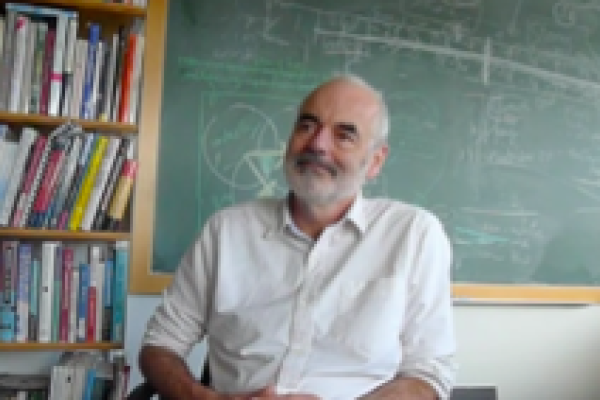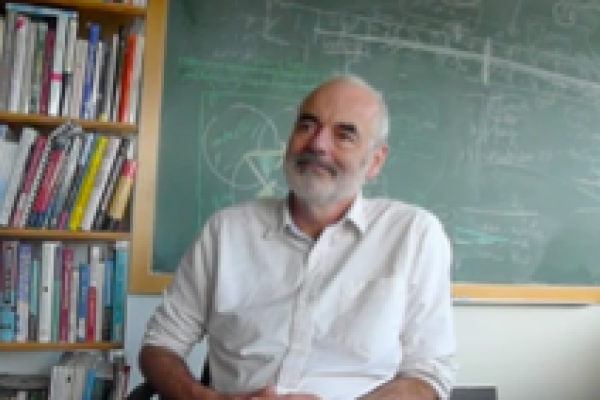Image


Plus is based at the Centre for Mathematical Sciences at the University of Cambridge. We are very fortunate to work with many brilliant colleagues in the Maths Faculty, you will find the content we have produced with them below.



